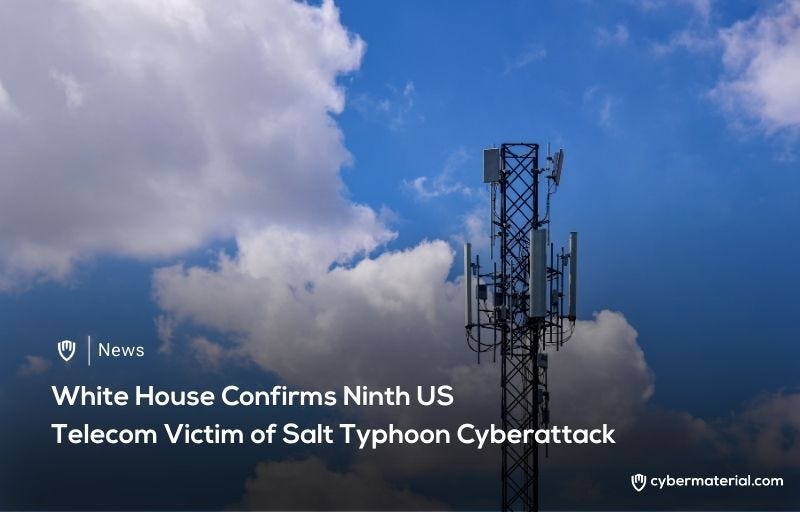
The U.S. government has confirmed that a ninth telecommunications company has been breached in the ongoing “Salt Typhoon” cyberattack campaign, attributed to Chinese hackers. The campaign, which repo…

The U.S. government has confirmed that a ninth telecommunications company has been breached in the ongoing “Salt Typhoon” cyberattack campaign, attributed to Chinese hackers. The campaign, which repo…